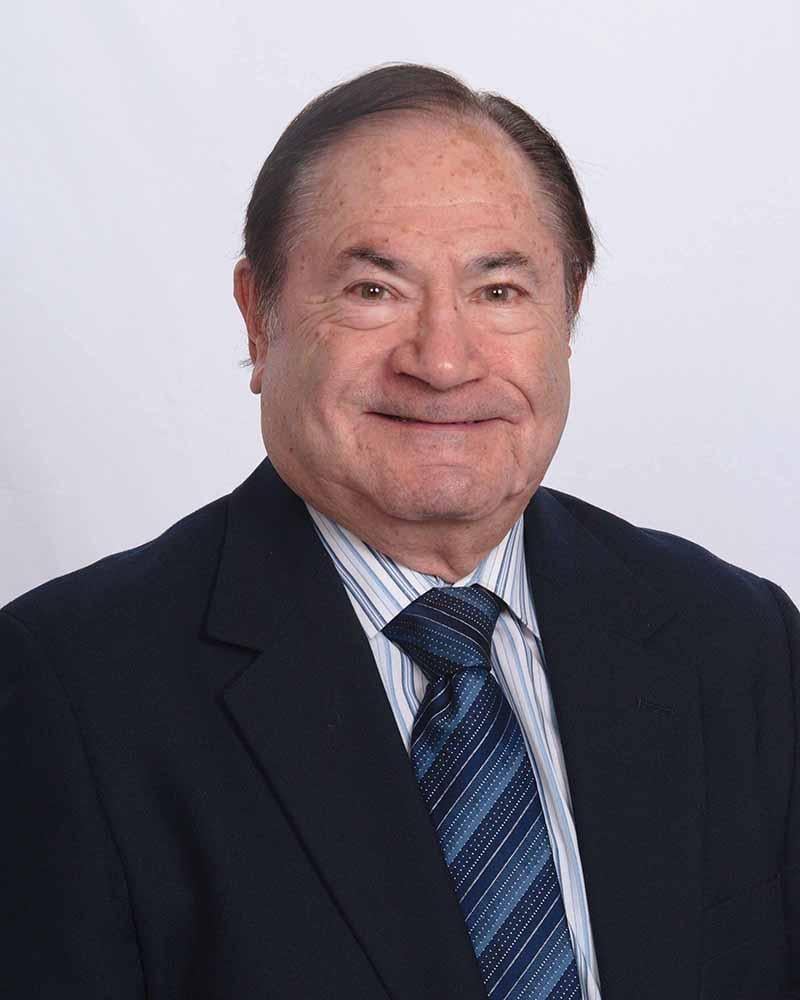
This month Marvin Ruthenberg, who has been deemed ‘Aviation Yoda’ by his colleagues, was awarded the FAA’s Charles Taylor Master Mechanic Award after more than 50 years in the MRO industry. Ruthenberg’s career has spanned a variety of senior maintenance and operations roles for airlines, OEMs and technical services providers. He currently serves as president and CEO of MLR Worldwide Aviation Services. Ruthenberg spoke with Lindsay Bjerregaard about his biggest MRO industry takeaways and his predictions for the future.
You started out in the aviation industry as a mechanic and eventually transitioned to a wide variety of VP level roles. Could you tell me a bit about how you first became interested in aviation and how you made this transition to managing such high-level operations?
The reason I started as a mechanic was because I needed to work night shift. I wanted to go to law school. I had some experience working for Hughes Aircraft out of school, and I applied at TWA and was hired as an electronic mechanic and stayed with it. I liked to work with airplanes, which I still do, and continued my law school. By the time I finished law school, I did not take any of the Bar exams. I was promoted a few times at TWA and I was a manager heading toward other things in my career, so it got me started, really, in another direction.
The last few years have been a rollercoaster for the aviation industry due to factors like the 737 MAX groundings, the pandemic and impacts from the Russian invasion of Ukraine. What are your biggest takeaways from how the industry has changed over this period?
The biggest change I am involved with is the storage of airplanes caused by COVID-19. Many aircraft are being stored in various places and that’s the biggest difference. In Marana, Arizona there are two facilities that I’m working with: Ascent Aviation Services and Jet Yard. Ascent is the largest one and they have several hundred airplanes stored. At one time during the [pandemic], a good part of Delta’s fleet of 737 MAXs were all on the ground being stored, as well as [fleets from] Air Canada, Spirit and JetBlue. Most of those airplanes now have been returned to service, so things are changing for the better, but it was sad to see all these serviceable and brand new airplanes in storage. Many aircraft that would be flying now are not currently economical and are being parted out. There’s one particular 747-8 aircraft here that Boeing purchased with 40 hours and it’s being disassembled for parts.
The other thing I notice now is that there’s a big change in the usage. There’s a whole list of aircraft that are being considered for cargo conversion. There are candidates like the 737-800, A320 and A321, and now they’re starting on the 777-300ER, which is going to take the place of the 747 cargo airplane. Normally, when an airplane is being returned to service, that’s the end of the story. It goes back to the leasing company or the airline, and in many cases now the leasing company is sending it off to [a cargo conversion line]. It seems like it’s never ending. There’s a waiting list at MROs to convert these aircraft.
Many mechanics left the MRO industry during the pandemic, which has exacerbated the workforce shortage. As somebody who has spent more than 50 years working in MRO-related roles, what do you think companies can do to attract and retain workers?
Many people that I know are retired and they won’t come back—they got early out incentive payments during COVID-19, even though the government paid the airlines to keep these people. I was told Ascent is short 200 mechanics. It’s the same with pilots.
Apprenticeship programs are very important. Here in Tucson, you have Pima Community College that has aviation maintenance classes, and in most areas there are aviation training facilities for young people. I would like to encourage MROs, airlines and any other facility that’s looking for mechanics to have a work/school program that would give students credits while they’re in school, as well as on-the-job training to become a licensed mechanic. This would help for sure. An unlicensed person that’s interested in becoming a mechanic could work alongside a licensed mechanic or under the guidance of a lead or supervisor and help alleviate the current shortage.
What do you think is the biggest challenge facing MROs today?
In addition to manpower, parts are very difficult to get. As an example, I needed squibs for aircraft fire extinguishers and it took about 60 days to get them, and that required that we rob parts from another airplane. Right now the supply chain is very difficult and most of the online search engines are having difficulty, even though many of the parts brokers list parts. When you get down to it, they don’t have them or they search for them after you send a request for quote. Finding parts is very difficult and it is because of the supply chain, and that is a major concern at the moment.
Also, certain facilities are just overbooked. We were looking for a C check slot and it was almost two months away for almost every MRO provider. Even out of the country, whether it be in Costa Rica or Peru, they were all full. They’re full with multiple types of aircraft. Widebody is very difficult, narrowbody is not quite as difficult. Some of the narrowbody MROs have been dedicated to just do conversions and they’re not doing as many C check slots as they would normally, because conversion takes a lot longer than a C check
You’ve been nicknamed “Aviation Yoda” by your colleagues, so with that in mind, what changes do you think the MRO industry will see over the next decade?
I think we’re getting there in sustainable energy with sustainable fuel. They’re making great progress with electric airplanes. Those two items, I think, are amazing. When I started in this business, we were looking at reciprocating engines and it grew from there. Now we’re looking at reducing carbon footprint and the world is changed. Nobody ever thought years ago that burning jet fuel and petroleum products would hurt the atmosphere—nobody even thought about that. Now it’s becoming real and I think people are starting to understand that it does make a big difference. People are pouring money into it and profit-oriented companies are spending lots of money on research to make sustainable energy work, as well as electric.





